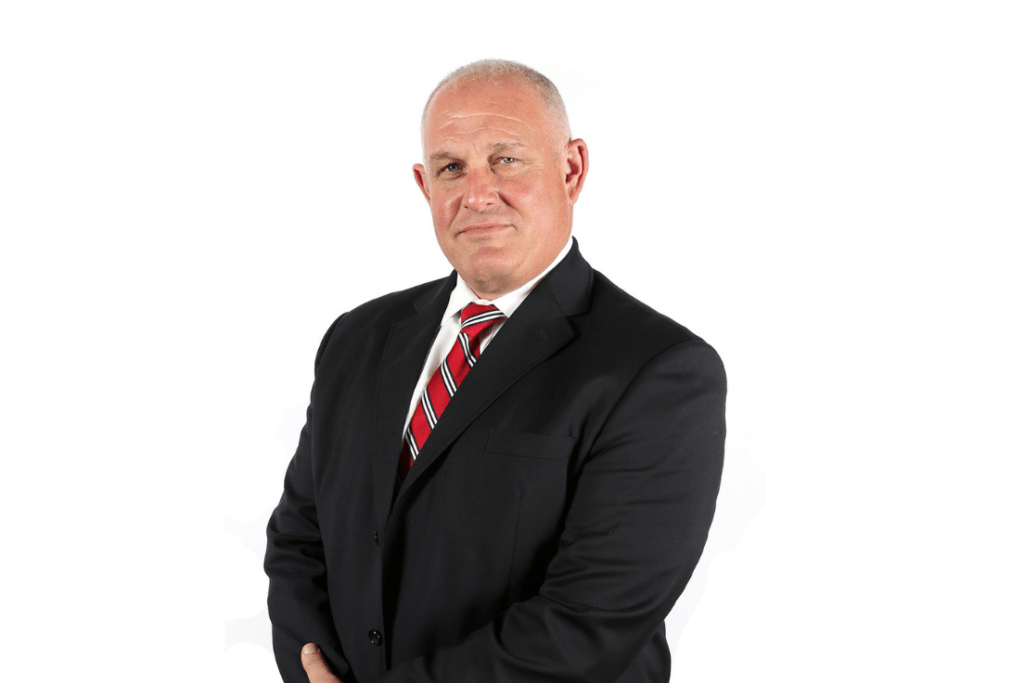On June 30th, 2020, the fiscal year (FY) 2021 H-1B Cap petition filing period closed, officially marking the end of yet another H-1B season. Unlike previous years wherein employers and attorneys were required to prepare and submit complete filings on or about April 1st (when the cap traditionally opened), USCIS streamlined the process by announcing an electronic filing process. As such, instead of having to file all applications without knowing whether or not they would be selected for processing, representatives and employers were first notified electronically whether their registrations were selected, thus making them eligible to file. The registration period opened on March 1st, and registrants were notified of any selections by March 31st. On April 1st, CIS opened the cap petition filing period with a 90-day filing window – that window finally closed on June 30th. Now what?
For those whose petitions were selected, now we wait. All selected petitions should have been filed by June 30th, at the latest. In June, CIS announced the resumption of Premium Processing for various employment-based petitions. On June 22nd, CIS resumed Premium Processing for all FY 2021 H-1B cap-subject petitions, meaning that pending cases could be upgraded in order to take advantage of the 15-calendar-day expedited processing. The optional service is available for an additional $1,440 in government filing fees.
The new registration system has indeed streamlined the entire filing process – Approvals and Requests for Evidence (RFEs) are already being issued, some coming in as early as Memorial Day Weekend.
My case was approved! Can I start work?: Regardless of approval, employment does not start until October 1st, 2020, which marks the beginning of the new fiscal year. Those currently in the U.S. must continue to maintain their valid status before beginning employment in H-1B status. As for those overseas, pursuant to President Trump’s Proclamation, entry is presently halted, unless you are able to demonstrate to a consular officer that you work in an industry that is essential to the U.S. food supply chain or in an industry that is in the national interest of the U.S.
Why does my registration still reflect a status of “Submitted”: Although the initial selection period has passed, a registration may (and most likely will continue to) remain in consideration for selection until the end of the fiscal year. After all, CIS initially announced that registrations will not reflect a status of “Not Selected” until the end of the fiscal year (September 30th), the reason being that CIS may later determine the need to increase the number of registrations projects to meet the cap. In light of the global pandemic and resulting “coronavirus recession”, there is a chance that a number of selected H-1B registrants ultimately did not file their petitions due to the change in economic circumstances/personnel cuts. To date, CIS has not made any additional announcements to that regard, but a second selection lottery period is possible.
What other options do I have if I’m ultimately not selected for H-1B, especially if my current visa expires in the next couple of months?: A number of employers may qualify as cap-exempt and thus are able to file an H-1B petition at any time. Cap-exempt employers include: (1) institutions of higher education; (2) nonprofit research organizations; (3) governmental research organizations; or (4) nonprofit entities which are related to or affiliated with institutions of higher education.
Students not selected in this lottery can always try again next year. In the meantime, students who wish to remain in the U.S. and pursue additional education may enroll in another degree program. Students with degrees in STEM field (Science-Technology-Engineering-Mathematics) and are presently employed by employers enrolled in E-Verify may apply for a 24-month work authorization extension and remain in F-1 status, if they have already received an initial grant of post-completion OPT. Otherwise, students have a 60-day grace period after the expiration of OPT to depart the U.S. You may also choose to file a change of status to visitor before the expiration of that 60 days.
A number of other employment-based options are also available: H-1B1 is available for nationals Singapore and Chile. Pursuant to the United States-Mexico-Canada Agreement (USMCA, formerly known as North American Free Trade Agreement, or NAFTA), TN nonimmigrant classification is available to qualified Canadian and Mexican nationals seeking entry to engage in professional-level employment. TN professionals include but are not limited to accountants, engineers, lawyers, teachers, and hotel managers. E-3 classification is an option for Australian nationals coming to perform services in a specialty occupation. Unlike the H-1B, these can be filed any time of year. Other options include O-1 for aliens of extraordinary ability or a record of extraordinary achievement in motion picture/television, L-1 for intracompany transferees, or E-1/E-2 treaty traders or investors. We have extensive experience in all of the above and would be happy to discuss them with you as part of our initial consultation.
Wilner & O’Reilly offers free first consultations at our offices in Orange, Riverside, Fresno, Sacramento, San Francisco, and San Diego, California; Salt Lake City and Orem, Utah; and Boise, Idaho. If you have any questions or need further assistance navigating your options, please do not hesitate to contact us.
ABOUT THE AUTHOR(S)
NANCY VO – ATTORNEY

Nancy Vo is an Associate Attorney at Wilner & O’Reilly. She graduated Magna Cum Laude from Whittier Law School. While at Whittier. She was an editor on Whittier Law Review and earned a CALI award in Legal Writing. She earned a Bachelor’s Degree in Political Science and Public Law from the University of California, San Diego. She works in the firm’s employment-based practice where she focuses on non-immigrant applications for Aliens of Extraordinary Ability, L-1 intra-company transfer visas for executives and managers, and E-2 treaty visas. Ms. Vo grew up in Los Angeles with three older sisters and parents who were all refugees from Vietnam. She is a first-generation Vietnamese American and the first in her family to enter the legal field.
RICHARD WILNER – FOUNDING PARTNER

Richard M. Wilner is a founding member of Wilner & O’Reilly, APLC, and is Board Certified by the State Bar of California as a Specialist in Immigration and Nationality Law. He is admitted to practice law in the State of California and before the U.S. District Courts for the Central, Northern and Southern Districts of California, the Northern District of Texas, the U.S. Court of Appeals for the Ninth Circuit and the U.S. Supreme Court.Mr. Wilner has received the coveted Martindale-Hubbell AV Rating, the highest legal and ethical rating that one can receive from one’s peers in the legal community. Similarly, he has been awarded the title of Super Lawyer from 2007 to the present. He is best known for his work in advising Fortune 500 companies, middle and small market businesses, entrepreneurs, and foreign nationals of extraordinary ability in athletics, arts, and sciences in the complex area of U.S. Immigration and Nationality Law.


Comments are closed.